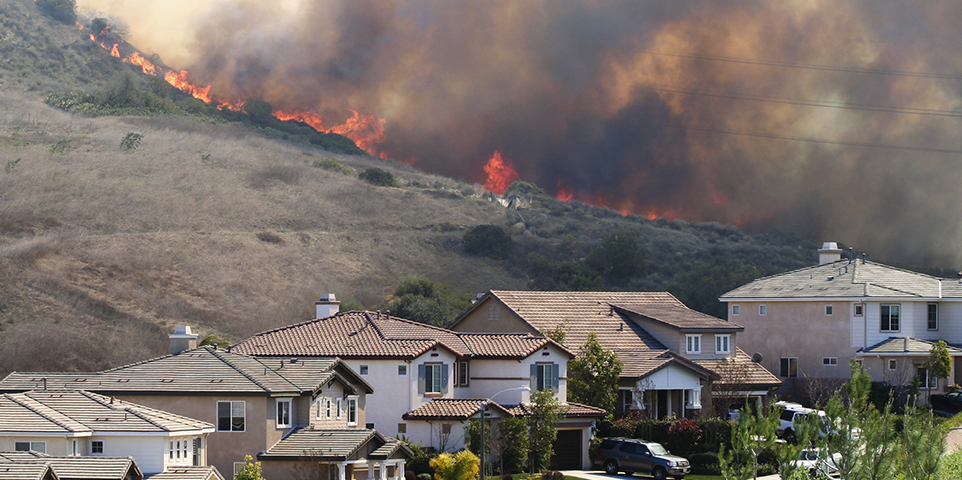The consequences of performing well in an evacuation are many. They range from utilizing scarce resources, to saving lives and protecting property, to securing politically viable decisions when a disaster occurs. However, there is limited consensus among various stakeholder groups as to what constitutes a successful evacuation. Since Hurricane Katrina, some evacuation issues have been considered and plans adjusted to one degree or another, but to date most changes have been reactive responses to particular problems. While important, these solutions are stop gaps that do little to ensure that new shortcomings will not be identified in the next event. Observing this range of dimensions to the evacuation experience, raises important questions: What is a good evacuation? How does this concept change during an evacuation? Who decides what good evacuation means? This proposal explores some of these issues by marrying sociological, engineering and performance measurement approaches to evacuation performance measurement and improvement.
Intellectual Merit: The proposed approach starts with the assertion that “performance” is a socio-technical process that requires both scientific measurement and an understanding of social systems that empower, inform, and constrain views on what makes a good or bad evacuation. Determining a “good evacuation outcome” is a value laden prospect. This prospect points to the team’s consideration of a diverse set of social values and perspectives. Thus, the approach requires unpacking the basic phenomena of evacuation and rethinking how good or bad outcomes of that phenomenon are evaluated and measured. This suggests that it is neither appropriate to use a single performance measure nor to consider only a single point of view. This research adapts and augments dynamic network performance measurement approaches to conceptualize and model the relationships between agencies and households and the performance of these groups as a “system” that co-produces the outcomes of an evacuation. The team defines and computes multiple measures of performance for the household and agency perspectives including measures that take into account the inter-relationship of these perspectives at different points in time. The research explores the range of different desired household and agency outcomes and integrates these outcome measures through the computation of the efficiency measures. The team investigates how different actors influence their own behavior and the ability of others to achieve these outcomes. Analytical approaches are used to evaluate transportation strategies (contraflow with crossovers and ramp closures). The PIs investigate through a unique data collection the critical household evacuation resources/actions/objectives, develop new dynamic evacuation demand models that specifically account for evacuation perception and the effects of traffic management strategies along with strategy optimization models to address transportation objectives and to optimize the evacuation “experience.”
Broader Impacts: The simple proposition of representing an evacuation as a network composed of perspectives by considering systems, and systems containing processes (linked through performance metrics) reveals a point of departure from the performance measurement, social science and transportation literatures on evacuation planning. The information derived from this research includes the identification of performance targets for both households and agencies. Given that the information/data of this research is grounded in household responses and transportation occurrences calibrated in realistic scenarios, suggests that the derived performance targets could be incorporated more readily by both agencies and households. The results of this research will be incorporated into the existing transportation, systems engineering, and public policy and administration courses. A PI will advise students that participate in an undergraduate honors research program at the University of Missouri. Project funding will support a minimum of one University of Delaware School of Public Policy and Administration Summer Scholar. The PIs will develop age appropriate activities for middle to high school students to participate in camps at Virginia Tech sponsored through the Center for Enhancement of Engineering Diversity. In terms of under-represented groups, a PI will seek to fund and recruit a student through the William A. Anderson Fund, a 501c3 non-profit focused on increasing the opportunities for minority students in the hazards area.


